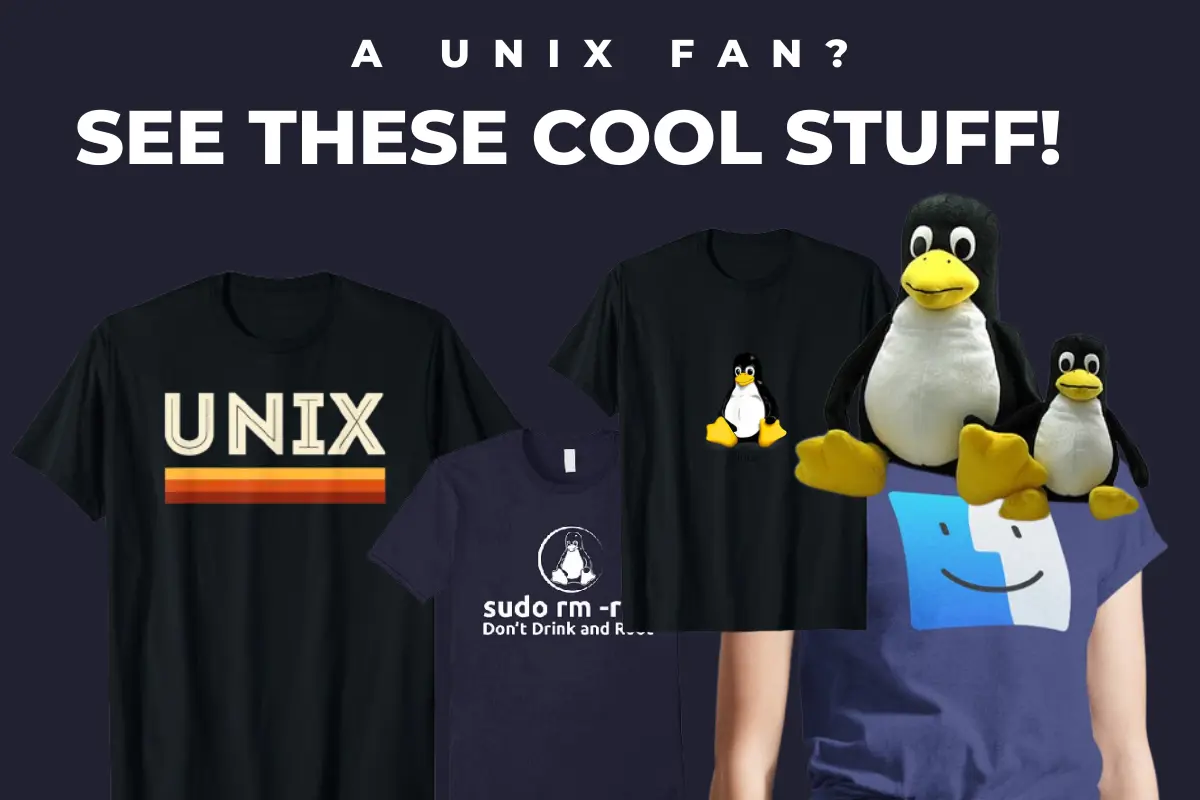2023-09-29T00:42
Unix Shell Types

The Unix operating system, known for its robustness and versatility, offers a variety of shells, each with unique features and capabilities. Understanding the different Unix shell types is essential for anyone working in the Unix/Linux ecosystem, from system administrators to developers. In this comprehensive guide, we will delve into the world of Unix shells, exploring their origins, features, and use cases.<br><br>1. The Birth of Unix Shells<br>The Unix shell, a command-line interpreter, has been a fundamental component of Unix since its inception. The first Unix shell was the Bourne Shell (sh), created by Stephen Bourne in 1979.<br><br>2. Bourne Shell (sh)<br>The Bourne Shell, a minimalist shell, serves as the foundation for many other shells. It features basic scripting capabilities and remains a reliable choice for scripting tasks.<br><br>3. C Shell (csh)<br>Developed at the University of California, Berkeley, the C Shell offers a C-like syntax and interactive features. It gained popularity among programmers.<br><br>4. Korn Shell (ksh)<br>David Korn introduced the Korn Shell in the early '80s, combining features from both the Bourne Shell and the C Shell. It is known for its powerful scripting capabilities.<br><br>5. Bourne-Again Shell (bash)<br>Bash, an enhanced version of the Bourne Shell, has become the default shell for many Unix-like systems. Its scripting capabilities and interactive features make it widely used.<br><br>6. The Z Shell (zsh)<br>Zsh is a highly customizable shell known for its extensive set of features and plugins. It offers advanced autocompletion, themes, and interactive utilities.<br><br>7. Almquist Shell (ash)<br>Almquist Shell, a lightweight shell designed for embedded systems, provides basic functionality in a minimal footprint.<br><br>8. Friendly Interactive SHell (fish)<br>Fish, known for its user-friendliness, offers intuitive auto-suggestions, syntax highlighting, and scripting enhancements.<br><br>9. PowerShell (pwsh)<br>While primarily associated with Windows, PowerShell is now available for Unix-like systems. It emphasizes automation and scripting for system administration tasks.<br><br>10. Dash<br>Dash is a minimalistic shell designed for efficiency. It is often used as the default system shell in some Unix distributions due to its speed.<br><br>11. Choosing the Right Shell<br>Selecting the appropriate shell depends on your specific needs. Bash is a safe bet for general-purpose tasks, while Zsh and fish are great for interactive use. System administrators might prefer Dash for its efficiency.<br><br>12. Scripting with Unix Shells<br>Unix shells are powerful tools for scripting. They offer variables, flow control, and command execution, allowing developers to automate tasks efficiently.<br><br>13. Customizing Your Shell<br>Many Unix shells, such as Zsh and bash, are highly customizable. Users can personalize their shells with aliases, functions, and prompt customizations.<br><br>14. Shell Scripting Languages<br>Beyond basic shell scripting, languages like Python and Perl are often used for more complex automation tasks. However, Unix shells remain invaluable for system-level operations.<br><br>15. Security Considerations<br>While Unix shells are essential, improper usage can pose security risks. It's crucial to validate user input and apply best practices when writing shell scripts.<br><br>16. The Future of Unix Shells<br>As technology evolves, so do shells. Newer shells continue to emerge, each offering unique features and addressing the evolving needs of the Unix/Linux community.<br><br>17. Cross-Platform Shells<br>Shells like PowerShell bridge the gap between Unix and Windows, allowing administrators to manage heterogeneous environments more efficiently.<br><br>18. Script Portability<br>Ensuring scripts work across various Unix shells requires adherence to POSIX standards and careful coding practices.<br><br>19. Containerization and Shells<br>Containers, like Docker, often use minimalistic shells like Dash, emphasizing efficiency and security in isolated environments.<br><br>20. Script Debugging<br>Debugging shell scripts is essential for identifying and resolving issues. Learning debugging techniques can save time and frustration.<br><br>21. Shells in the Cloud<br>Cloud computing platforms, such as AWS and Azure, offer shell access for managing cloud resources, making familiarity with shells a valuable skill.<br><br>22. The Role of Shells in DevOps<br>Shells play a crucial role in DevOps practices, enabling automation, continuous integration, and deployment pipelines.<br><br>23. Learning Resources<br>Various online tutorials, documentation, and books are available to help you master Unix shells and scripting.<br><br>24. Conclusion<br>Unix shell types offer a diverse range of features to cater to different needs. Whether you are a system administrator, developer, or enthusiast, understanding these shells is fundamental to mastering the Unix/Linux ecosystem.<br><br>



